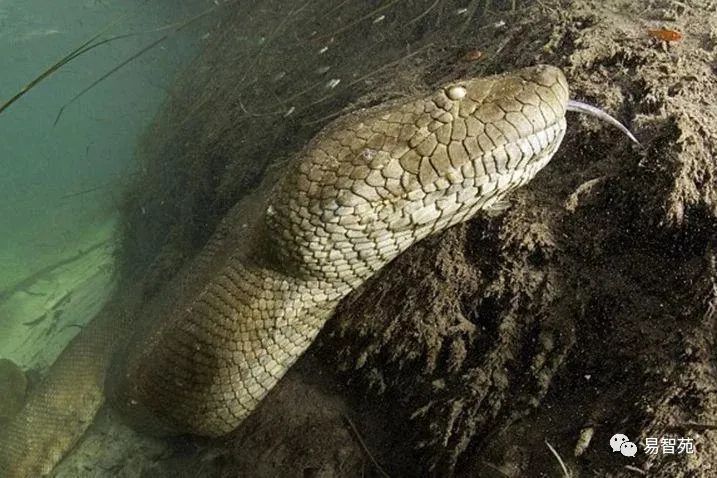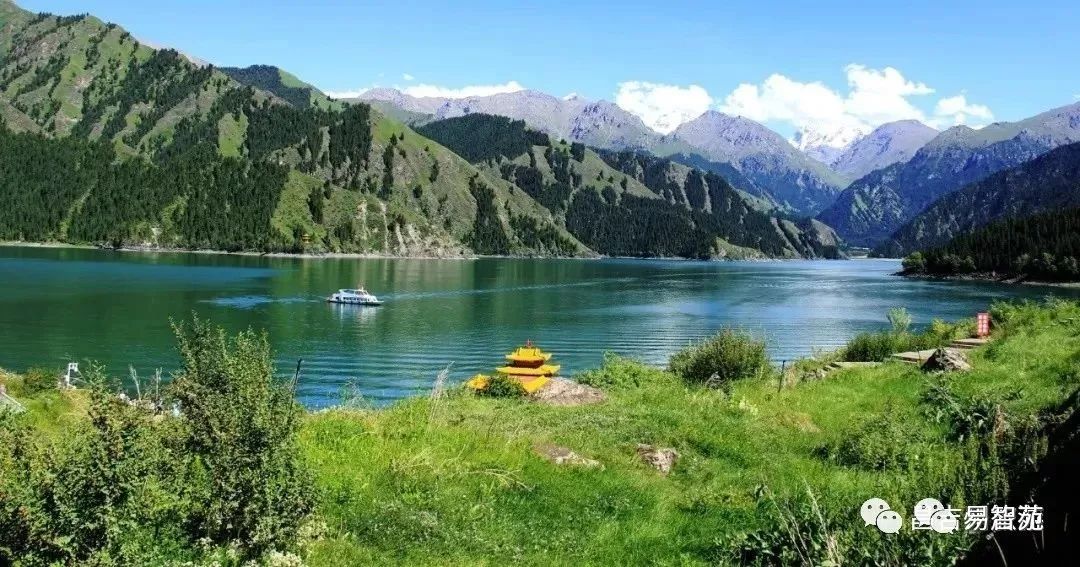1. The Origin of the Five Elements Theory
The Five Elements Theory posits that all matter in the world is composed of five fundamental substances characterized by Wood, Fire, Earth, Metal, and Water. The continuous movement and transformation of these five basic substances constitute the entire material world. Therefore, like the Yin-Yang Theory, the Five Elements Theory is also a philosophy through which our ancestors understood and explained the world and the development and changes of things.

The Neijing records the Five Elements in the Shangshu: Hongfan as follows: first is Water, second is Fire, third is Wood, fourth is Metal, and fifth is Earth. Water is said to moisten and descend, Wood to bend and stretch, Fire to rise and blaze, and Earth to nurture and cultivate. Later, with the development of history, the Five Elements Theory further evolved, associating the five elements with the five directions, five colors, and five seasons, forming a complex system.

2. The Characteristics of the Five Elements: Wood has the characteristics of growth and extension; Fire has the qualities of heat and ascendance; Earth has the properties of nurturing and transformation; Metal is characterized by clarity and contraction; Water possesses coldness and descent. The Five Elements Theory uses a method of analogy to categorize all things in the world into five types, explaining and interpreting the interconnections and changes between things based on the relationships of generation and overcoming among the elements. There exists a law of mutual generation and overcoming among the Five Elements. Mutual generation and overcoming are two inseparable aspects of any phenomenon; without generation, nothing exists, and there can be no occurrence or growth of things; without overcoming, balance and coordination in the development and changes of things cannot be maintained. This relationship of mutual generation and overcoming, where generation contains overcoming and overcoming contains generation, complements and supports each other, driving and maintaining the continuous growth, development, and change of things. The relationships among the Five Elements include the generative relationship of ‘I generate you’ and the overcoming relationship of ‘I overcome you’.

3. Mutual Generation of the Five Elements: Mutual generation refers to the idea of mutual promotion and nurturing. There exists a relationship of mutual generation and support among the Five Elements, known as the mutual generation of the Five Elements. The order of mutual generation is: Wood generates Fire, Fire generates Earth, Earth generates Metal, Metal generates Water, and Water generates Wood.
The meaning of mutual generation among the Five Elements:
Wood generates Fire because the nature of Wood is warm, and Fire lies hidden within it; by drilling wood, Fire is produced, hence Wood generates Fire. Fire generates Earth because Fire is hot, and when Wood burns, it becomes ash, which is Earth, thus Fire generates Earth. Earth generates Metal because Metal is hidden in sand and stones, nourished by the mountains, and when Earth accumulates, it forms mountains, which must contain stones, hence Earth generates Metal. Metal generates Water because mountain springs and mineral deposits flow gently, and Water relies on Metal; after being smelted, Metal can also turn into Water, thus Metal generates Water. Water generates Wood because trees grow and thrive with the nourishment of Water. Wood relies on Water for growth; without Wood, Water would dry up, hence Water generates Wood. Therefore, Metal overcomes Wood.

Counteracting: In the interactions of generation and overcoming among the Five Elements, there exists not only the direct overcoming, such as Metal overcoming Wood, Wood overcoming Earth, Earth overcoming Water, Water overcoming Fire, and Fire overcoming Metal, but also counteracting: for example, “Metal can overcome Wood, and Wood can damage Metal. Wood can overcome Earth, and Earth can crush Wood. Earth can overcome Water, and too much Water can wash away Earth. Water can overcome Fire, and a strong Fire can dry up Water. Fire can overcome Metal, and too much Metal can extinguish Fire.”

